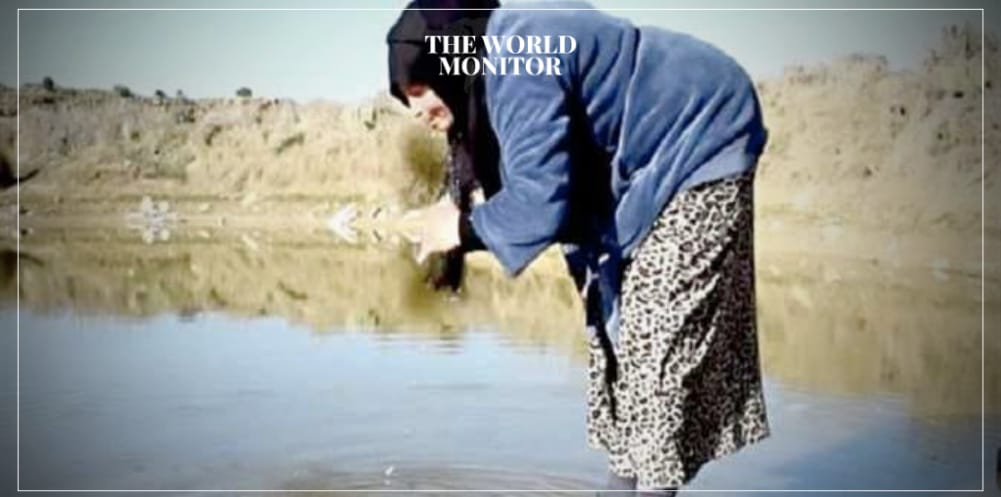Tunisia’s Ministry of Agriculture recently unveiled a startling revelation, indicating a substantial decline in the water reserves held within the country’s dams. These reserves have diminished to a mere 24% of their total capacity, marking the lowest level ever recorded in Tunisia, amidst the affliction of a severe drought.
Abdel Moneim Bel Aati, the Minister of Agriculture, Water Resources, and Fisheries, emphasized the unprecedented nature of this decline in water resources, urging for a judicious and skilled approach to managing the crisis. Over the past eight years, Tunisia has been subjected to drought conditions in seven different seasons, marked by extended periods of rainfall absence. Experts are now sounding the alarm, warning of potentially even graver conditions to come.
Tunisia finds itself among the nations most vulnerable to water scarcity in the Mediterranean region, a predicament exacerbated by global warming and substantial depletion of available water resources. In response, the Minister has called for the maximization of all potential water sources that could be integrated into the drinking water supply system. Currently, there is an ongoing review of standards related to groundwater tables, which are crucial for the issuance of well-drilling permits.
In a bid to conserve the available water resources, the government implemented a quota system for the distribution of drinking water through the network of the National Water Distribution and Exploitation Company, a state-owned entity, back in March. This decree, initially set to expire at the end of September, has since been extended indefinitely. It prohibits the use of drinking water for irrigation of agricultural lands, car wash stations, and the cleaning of public spaces. Violators face stringent penalties, ranging from fines to imprisonment.
Tunisia’s agricultural sector, a significant component of the country’s economy, has been heavily impacted by water scarcity. The government has been actively seeking solutions, promoting water-saving irrigation techniques, and investing in desalination projects. However, the pace of change has not kept up with the rapidly depleting water resources, necessitating urgent and comprehensive measures to avert a full-blown water crisis. The current situation calls for a united national effort, encompassing government bodies, local communities, and individual citizens, to ensure the sustainable management of Tunisia’s precious water resources.






